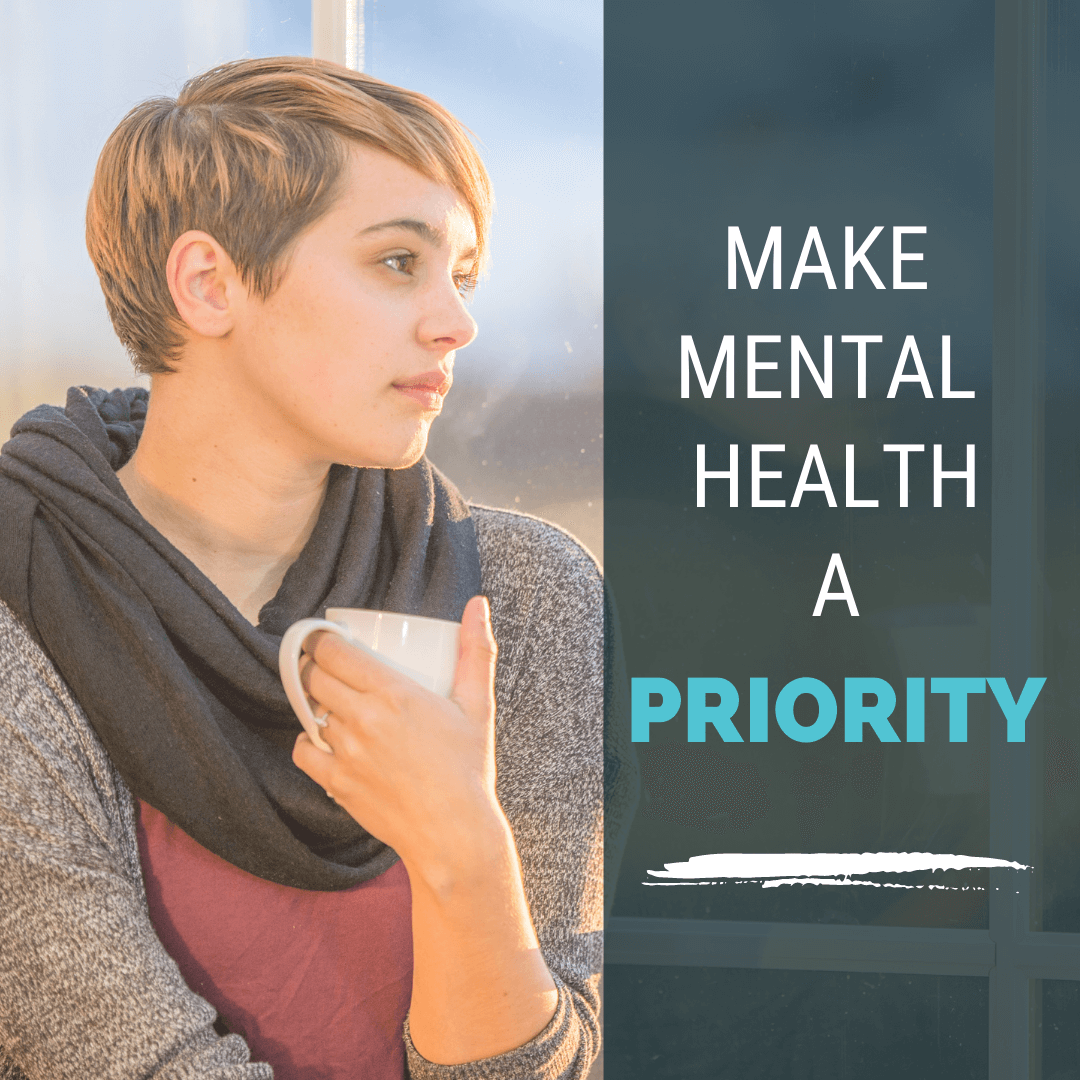Self Screening - Depression & Anxiety
These topics have become all too commonplace in our modern society. Our fast-paced living and on-the-go mentalities leave us susceptible to ignoring important aspects of ourselves and our mental well-being. It is important that from time to time we check in with ourselves to find out how we are really doing.
What is Depression?
Depression by definition is a state of being that negatively impacts how you feel, how you think, and how you act. In common culture, it is often presented as sadness and crying, but this is not the only presentation of depression. While yes, that is absolutely one possible variation, many also experience chronic fatigue, a lack of interest in doing anything, or just a general lack of excitement for anything. Sometimes patients sleep more, and sometimes they have unexplained aches and pains or get irritable and angry often. Most just seem to withdraw into a world of their own
1. What causes Depression?
Depression is a general term for a spectrum of depressive disorders all with different causes and severities. In an oversimplified and basic explanation, depression can come in two forms - conditional or clinical.
Conditional depression is a form that is a direct result of something temporary in a patient’s life where a patient’s mood is typically normal. Examples of this occur after a relative passes away, moving to a new place, social problems in a workplace, and things of that nature. Conditional depression can normally resolve on its own without intervention as the conditions are resolved
Clinical depression is a result of mental or physical disorders such as thyroid disease, major depressive disorder, and other problems that are not due to any specific events in a patient’s life. These are more likely to be chronic and may require therapeutic and psychological intervention to improve
2. Why is it important to recognize it?
As with most things in life, depression is a spectrum. It can start small with simply sleeping more than usual all the way up to suicide attempts and psychiatric hospitals. The goal of course is to recognize it before it becomes a catastrophic problem and take steps to address it
What is Anxiety?
Anxiety by definition is an intense, excessive, and persistent worry or fear about everyday situations. While it is normal to worry and fear about many different situations, anxiety occurs when they have been exaggerated in a way that is problematic for a patient or negatively impacts their lives. Common physical manifestations are fast heart rate, rapid breathing, sweating, jittery, or fatigue. Mentally patients can feel overwhelmed and scared that they could break down or panic.
2. What causes Anxiety?
As we discussed before anxiety is often an exaggeration or misplacement of a normal emotion. This means that there is often a kernel of truth at the heart of every anxious patient. There is no one reason for anxiety. Fear is a biological process that makes us think twice before jumping out of airplanes and walking through snake-infested waters. It allows us to stop, think and analyze a given situation rather than blindly plowing through it. But it should never go uncontrolled and rob us of who we are and who we want to be.
2. Why is it important to recognize it?
Anxiety is an emotion that many patients do not fully understand. Some of the worst cases I’ve seen in practice are from patients who did not experience anxiety at all when they were young and experienced it for the first time as they got older. Many did not even recognize the emotion for what it was and the results were devastating. Patients who could not leave their house, lost their jobs and their homes. Patients whose anxiety was soo strong that they lost themselves and the lives they worked so hard to build. It is difficult to treat at the best of times, and it becomes harder to untangle as it gets worse. Help is available if one asks for it.
Depression & Anxiety Self Assessment
The following questionnaire is a combination of standardized depression and anxiety questionnaires. Please be honest with yourself while answering. Of note, these questionnaires are intended to be reviewed by a healthcare professional as nuances in the findings are common.
What to do if you had positive scores
If you had positive scores or have questions about your scores, please follow up with your healthcare provider to review them. As always, if you have questions or are interested in our Integrated Mental Health Program please feel free to schedule a consultation to get started!

